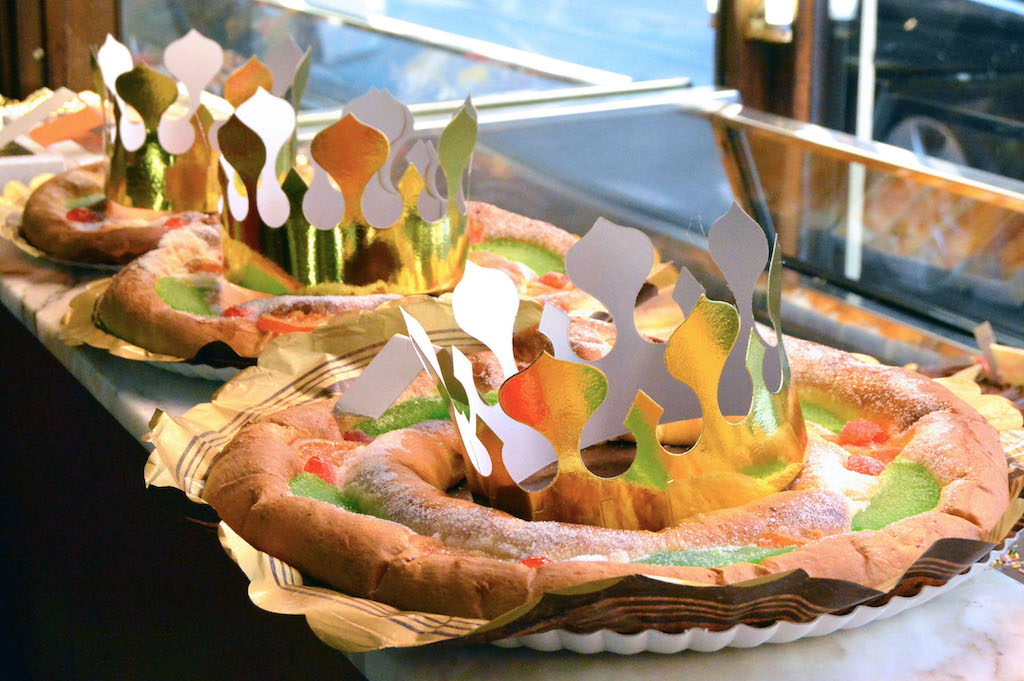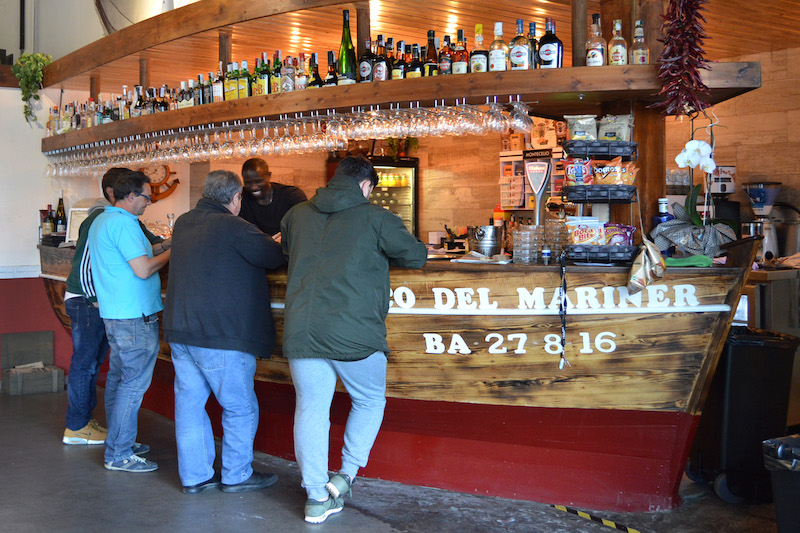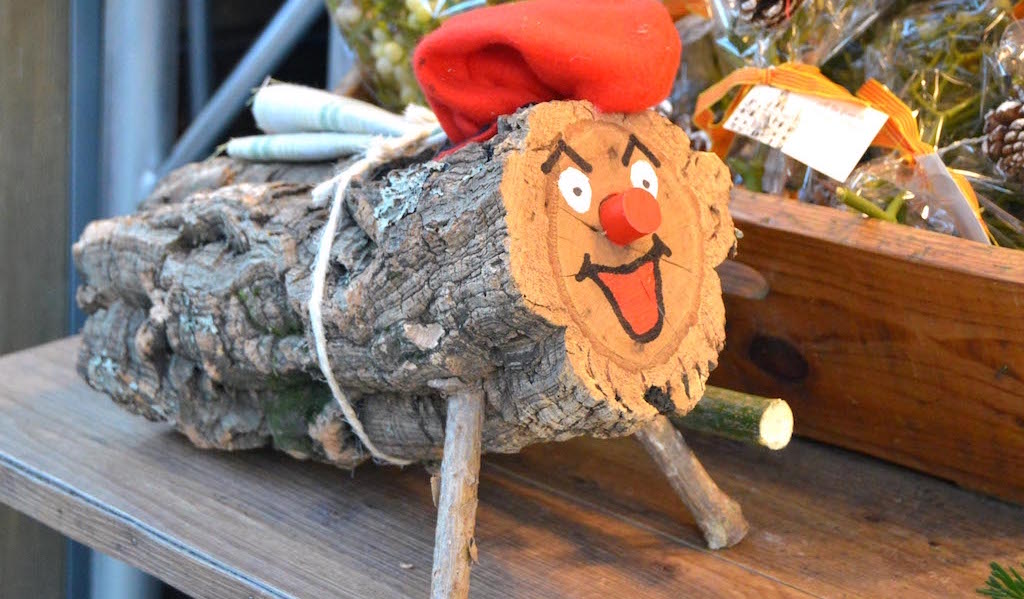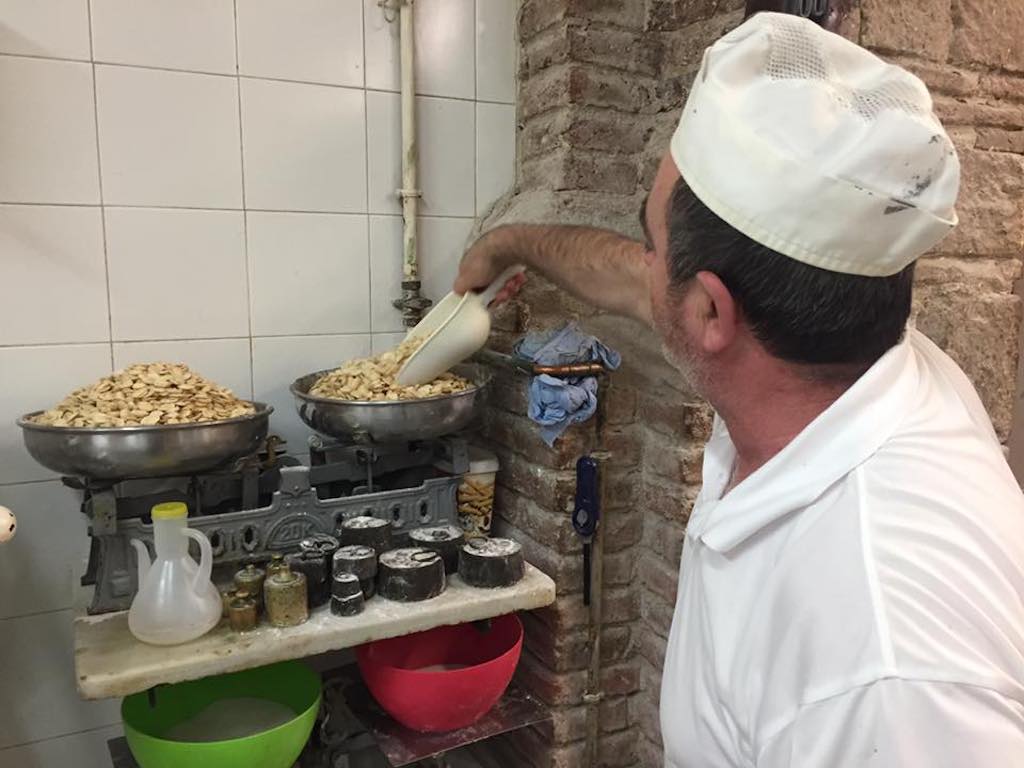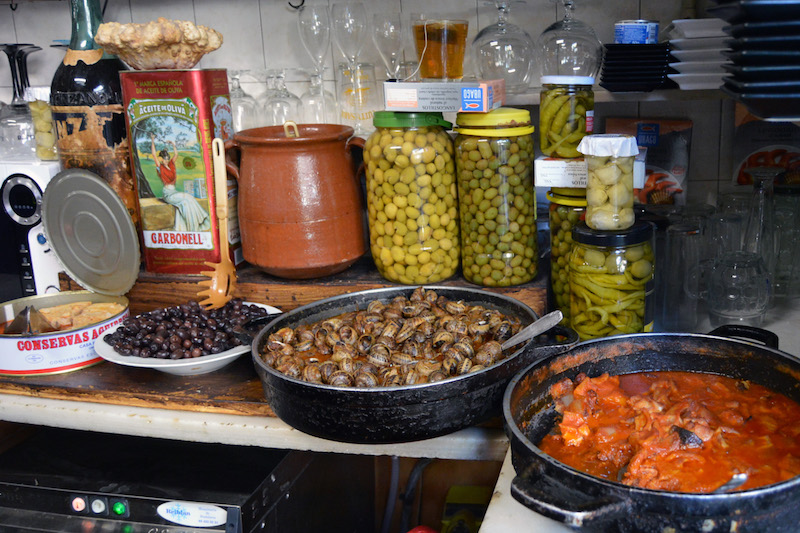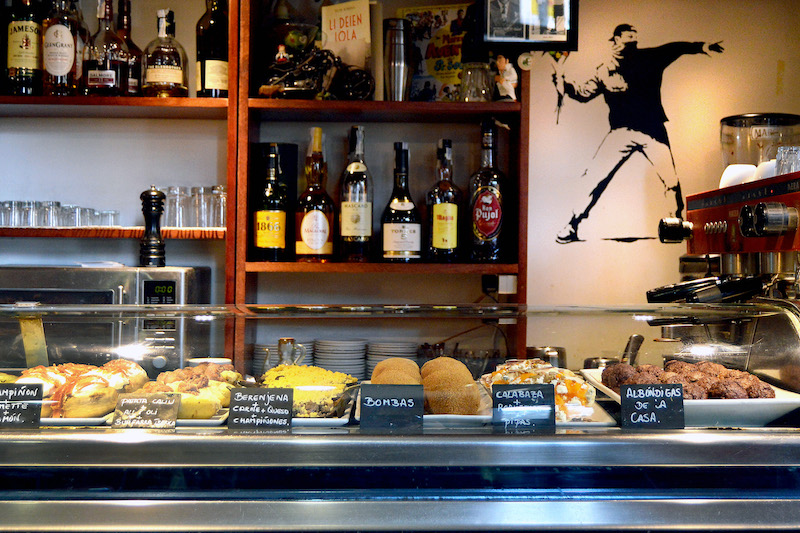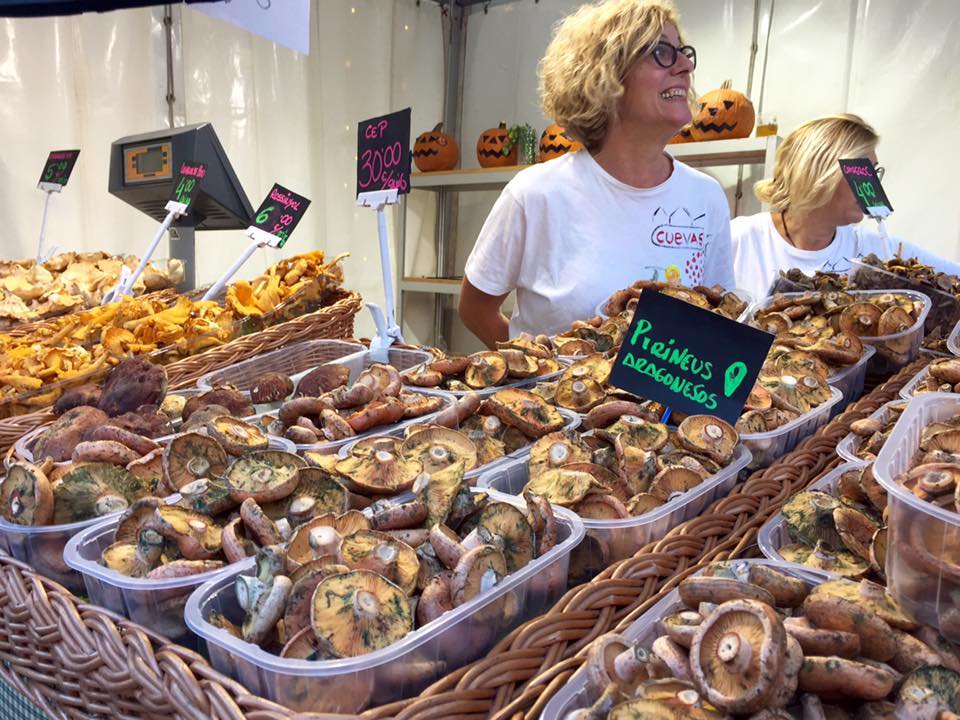We can't find the internet
Attempting to reconnect
Something went wrong!
Hang in there while we get back on track
Search results for "Paula Mourenza"
Barcelona
King for a Day in Barcelona
On January 6, bakeries throughout Barcelona are filled to the brim with tortell de reis (roscón de reyes in Spanish), or kings’ cake. Whoever finds the king figurine hidden inside the cake is declared king for the day and wears the gold paper crown that comes with the sweet treat.
Read moreBarcelona
Best Bites 2017: Barcelona
This was an intense year for Barcelona, with a complex political situation stemming from Catalonia’s bid for independence from Spain. It was a storm that the culinary scene could not help but get caught up in. Bars and restaurants have always been a temple of leisure and pleasure, but we sometimes forget that they also serve as a space for people to connect and debate. And in the spirit of debate, food and drink constitute another form of expression, an indication of a restaurant’s cultural leanings. In Barcelona this year, we could taste the continued interest in developing and strengthening Catalan cuisine, often considered an extension of Catalan identity. But we also observed the food scene’s openness to other regional cultures and global influences.
Read moreBarcelona
Caga Tío: Crappy Christmas
Caga Tió, Tió de Nadal No cagues arengadas Que són saladas Caga torróns Que són més bons It’s not a carol, but it is likely the most popular song in Catalonia around Christmastime. Please pardon the profanity necessary in rendering a faithful translation: “Shit, Log, Christmas Log/Don’t shit herrings/Which are salty/Shit nougats/Which are better.” You might also hear Caga Tió/Avellanas i mató/Si no cagas be,/Et dare un cop de bastó. “Shit, Log/Hazelnuts and mató [curd cheese]/If you don’t shit well/I’ll hit you with a stick.”
Read moreBarcelona
Bodega Bartolí: Built on Soup
Bodega Bartolí opened in 1939 as a little bulk wine shop in Barcelona’s Sants neighborhood. Then everything changed for the bodega some 20 years later when a local client arrived with a stomachache. He asked a young Marina Dolz, who was minding the wine shop with her husband, if she could prepare some soup for him. It was the first dish she cooked there and, since then, Bodega Bartolí has moved far beyond simply being a wine store. At the time Bodega Bartolí opened, Sants was still an industrial quarter with several factories and thousands of workers. During the 1940s, the bodega sold both bulk wine to the neighbors and factory employees and barreja (a very traditional drink made of Muscat wine and anise liquor) to the wheelwrights passed by everyday.
Read moreBarcelona
Bar Ramón: Beats & Eats
It’s not too often that you find a restaurant in Barcelona where rock & roll, blues and jazz are some of the main ingredients. But that’s just the case at Bar Ramón, an iconic restaurant and tapas bar in Sant Antoni. Mediterranean grilled red prawns, patatas bravas, and xipirones (baby squids) a la Andaluza (coated in batter and fried) are carried from the kitchen to the table under the watchful eyes of Charlie Parker and Muddy Waters, who look down from posters on the wall. Also on the wall, sharing space with the standard FC Barcelona crest and a photo of a castell (Catalan human tower) in front of the old Sant Antoni Market, is Bo Diddley’s guitar.
Read moreBarcelona
Mushrooms Make an Appearance in Barcelona
These mushrooms were a sight for sore eyes on our culinary walk – they arrived a bit late to Catalonia this year because of the rains, but on the plus side, it looks like the warm weather has stretched out the season. We’re not complaining!
Read more